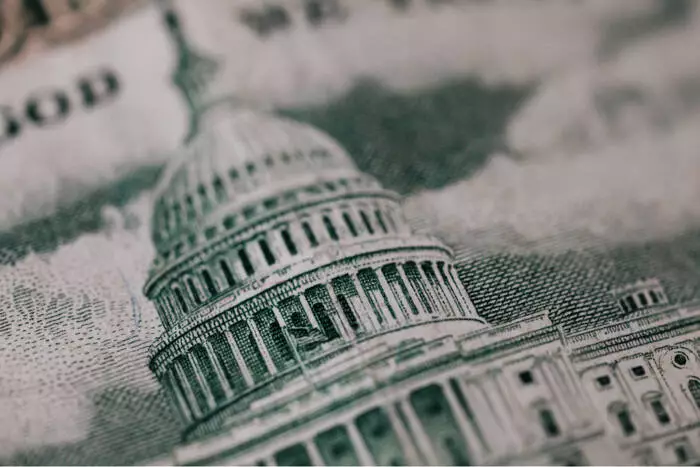In the world of finance, there’s a pervasive myth that holds many investors hostage to complacency: the belief that available information alone can guarantee success. However, truly effective investing demands more than just consuming data or market news. It requires a relentless self-critique of assumptions, biases, and the overconfidence that often clouds judgment. The reality is that financial markets are inherently unpredictable, and any reliance on surface-level information or third-party opinions can be a trap. As investors, we must accept that we are not omniscient, and that humility is our greatest ally in making smart decisions. Recognizing this, one should prioritize developing a critical mindset, constantly questioning the validity of the sources they trust, and understanding that even the most reputable data comes with inherent limitations.
The Risks of Overconfidence and the Importance of Due Diligence
Relying blindly on third-party analyses or marketing claims can be disastrous. Many platforms and content providers, including those offering market insights or promotional material, have agendas that may skew their recommendations. It’s essential to scrutinize every piece of financial advice and scrutinize its origin, purpose, and potential bias. This self-awareness is vital because market prices and instruments like cryptocurrencies or CFDs are complex and volatile. They come with a high potential for loss, especially if one underestimates the risks involved. Responsible investing means conducting your own thorough research, rather than depending solely on external opinions, and acknowledging that every decision carries responsibility. This cautious approach should be paired with a clear understanding that the information you receive isn’t always real-time or entirely accurate, further emphasizing the need for independent verification.
The Power of Self-Reflection in Development and Success
Ironically, self-criticism is often viewed negatively but is actually a catalyst for growth in the investing realm. By examining their own mistakes, biases, and emotional reactions—such as greed, fear, or overconfidence—investors can build resilience against impulsive decisions. Recognizing one’s limitations and weaknesses creates an internal audit that fosters better judgment and patience. Success is rarely accidental; it’s rooted in continuous learning, disciplined risk management, and skepticism about one’s own assumptions. Developing this mindset transforms investing from a game of luck into a strategic endeavor where informed decisions and critical evaluation hold sway. Embracing one’s fallibility isn’t a sign of weakness but a strategic advantage that enables smarter navigation of the unpredictable financial landscape.
A Cautionary Reflection: The Balance Between Optimism and Realism
While optimism about potential gains is natural, it’s dangerous when balanced without a realistic assessment of risks. Financial instruments like cryptocurrencies and CFDs are especially tricky—they’re known for their complexity and high volatility. The temptation to chase quick profits often blinds investors to the significant possibility of losses. That’s why cultivating a healthy dose of skepticism, backed by rigorous research, is indispensable. Learning to accept loss as part of the process rather than a failure fosters resilience and prevents reckless behavior. No investment is devoid of risk, and understanding this truth is fundamental to maintaining a stable and disciplined approach. Only by continuously questioning and reassessing assumptions can investors hope to navigate markets successfully.
In conclusion, investing without critical self-analysis is a recipe for failure. Recognizing our biases, thoroughly vetting information sources, and embracing uncertainty empower us to make smarter choices. The road to financial success isn’t paved solely with data or predictions; it’s paved with a persistent willingness to scrutinize oneself and one’s beliefs. When armed with humility and vigilance, investors can truly harness the power of informed decision-making to thrive amid the chaos of markets.

